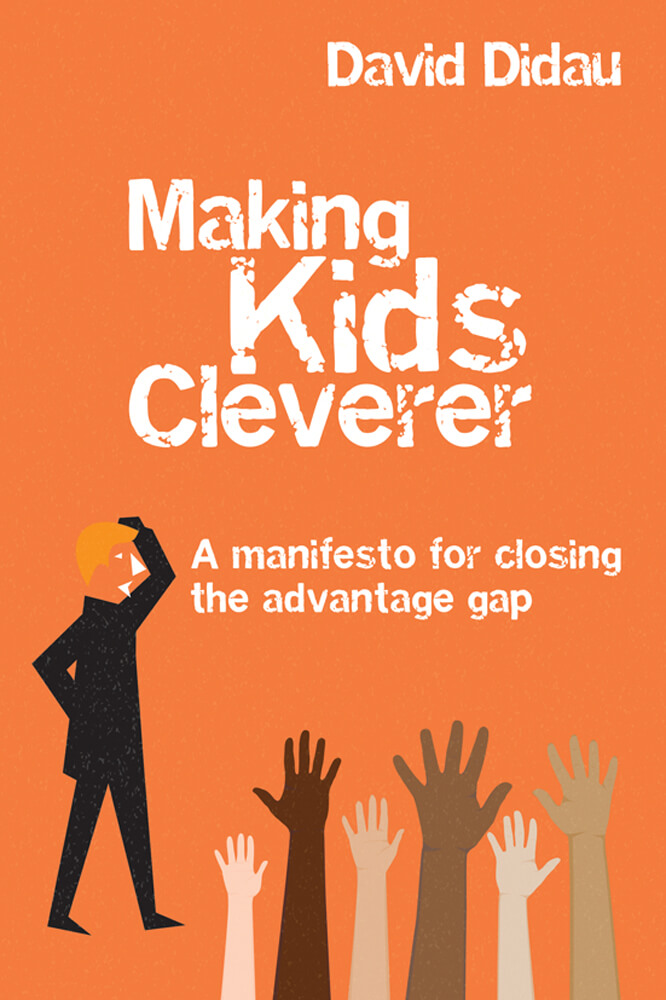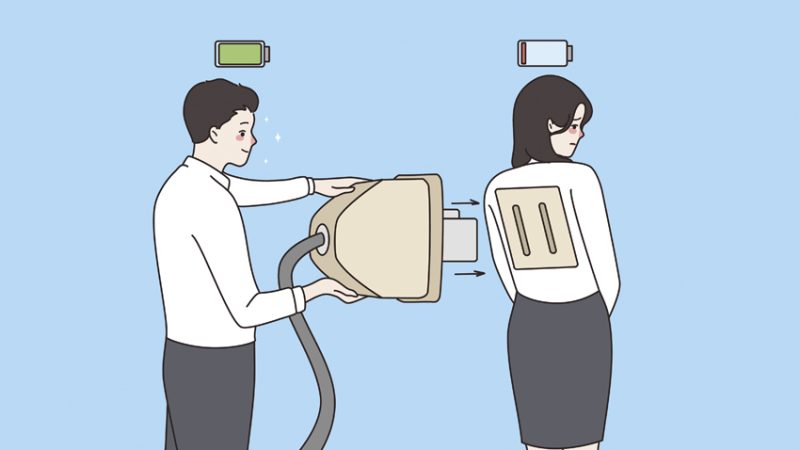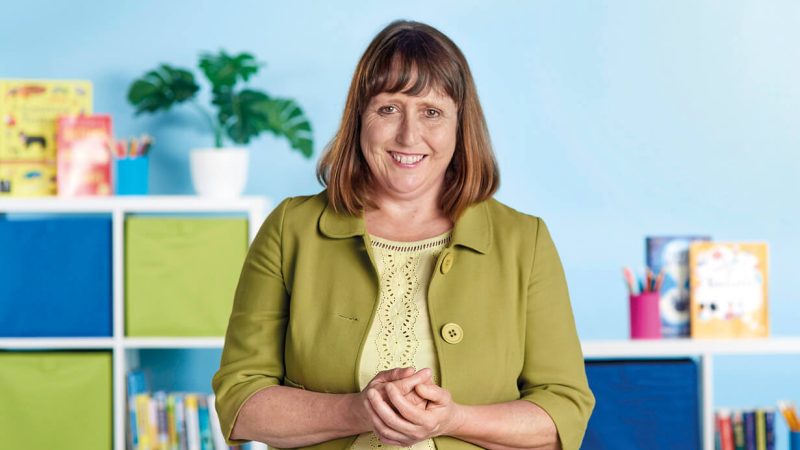With Extreme Cases of Student Behaviour, Refusing to Consider Exclusion isn’t an Option

When a single student is making learning, and life, impossible for everyone else in the classroom, blindly ignoring the possibility of permanent expulsion just isn’t good enough…

- by David Didau

Some children have the power to make teachers’ lives miserable. Over the years I’ve taught a small number of students I’ve come to dread seeing.
Every encounter was another skirmish in an exhausting war of attrition, usually one I felt I was losing. When a young person no longer cares about any of the consequences you’re able to offer, the battle is lost. What then?
Some years ago, I taught – or tried to teach – a student exactly like this. At every turn he was rude, confrontational and aggressive both to me and the other learners in the class, many of whom were afraid of him.
I tried everything in my repertoire to get alongside him, but all my attempts were met with contempt and ridicule.
We rarely managed to get through a lesson with him remaining in the room; sometimes he’d walk out, other times he’d provoke a situation where I felt I had no choice but to send him out.
You may think the fault was mine, but I used to dread these lessons and so, as far as I could tell, did the rest of the class.
One Monday morning’s staff briefing began with the announcement that he had been permanently excluded. This was met with cheers. I distinctly remember the feeling of relief that hostilities were over, combined with shame at what we were celebrating.
When the students received the news, they cheered too. Now they would have one less reason to be afraid at school and fewer lessons disrupted to the point where teaching and learning were impossible.
A matter of choice
Maybe you feel that some children have no choice but to misbehave and that schools should seek to nurture and accommodate their unmet needs. Some years ago, I taught a boy, let’s call him Ben, with a diagnosis of ADHD.
He behaved perfectly in my lessons but was hell on wheels for various other teachers. After one particularly horrific low I asked him to explain his actions. It wasn’t his fault, he said, it was his ADHD which was to blame. “But how come,” I asked him, “you don’t have ADHD in my lessons?” Ben said, “That’s ’cos you’re alright sir.”
Ben was exercising a choice. He chose when and where to behave and pay attention. He had learned that this was acceptable, but eventually he was permanently excluded after committing one atrocity too many. Could this have been avoided? Possibly. Had the school had higher expectations of his behaviour, he might have learned to make better choices.
Of course, it’s right and proper that we should feel sympathy for those who fail to fit into the system so completely, but we must also consider all the others the system has to cope with.
The statistics of what’s likely to befall students who are permanently excluded are terrifying and the idea that we might be condemning some individuals to lives of illiteracy, criminality, and prison is more than many can bear; but this is the wrong way to think.
Exclusion doesn’t cause these outcomes; they are more likely to be caused by the same anti-social behaviours that resulted in the student being excluded.
Alternative options
It’s no doubt true that some schools could do more to accommodate students’ needs, but mainstream schools are unable to contain extremes of behaviour. Violence and aggression are just too dangerous to be tolerated.
Over the last few years I’ve had the opportunity to visit some incredibly well-run Alternative Provision schools and I’m in awe at the job they do.
When AP works well it doesn’t just provide an essential safety valve, it also offers a safe foundation where genuinely troubled youngsters can work through some of their problems and focus on the challenges of learning to read and write well enough to access an academic curriculum.
What all this boils down to is this: one size does not fit all. Mainstream schools can only really be effective at providing an academic education to a majority of students if there is adequate funding for excellent Alternative Provision for those unable to fit in.
 David Didau is an independent education consultant and writer. He blogs at learningspy.co.uk and is the author of several books, the latest of which, Making Kids Cleverer: A Manifesto for Closing the Advantage Gap, will be published in January 2019 (Crown House). Follow him on Twitter at @DavidDidau.
David Didau is an independent education consultant and writer. He blogs at learningspy.co.uk and is the author of several books, the latest of which, Making Kids Cleverer: A Manifesto for Closing the Advantage Gap, will be published in January 2019 (Crown House). Follow him on Twitter at @DavidDidau.










